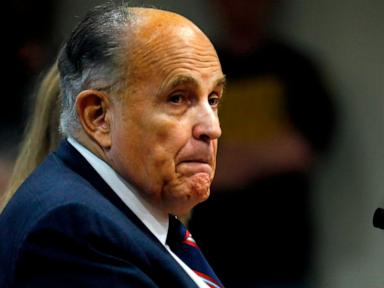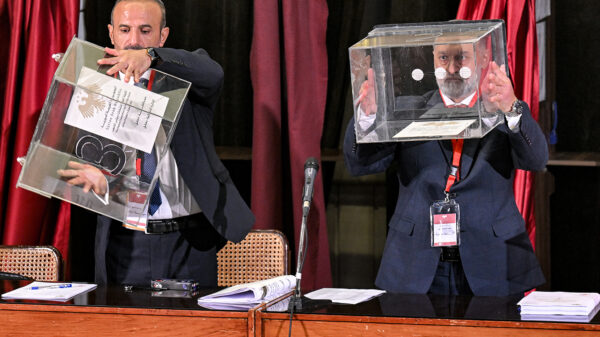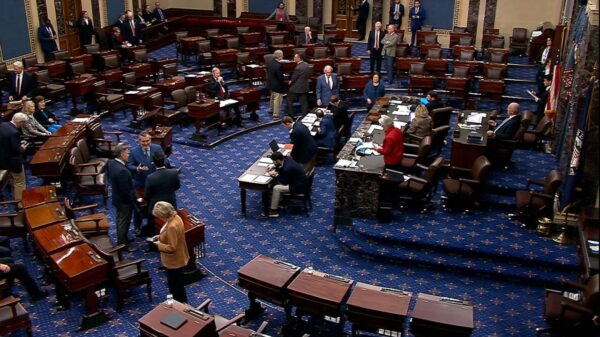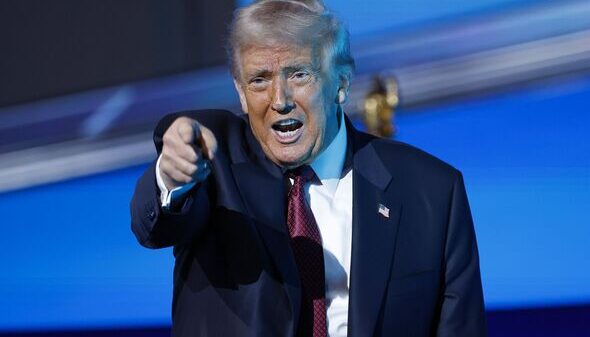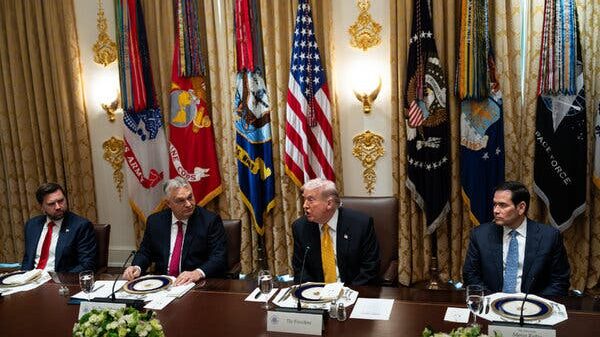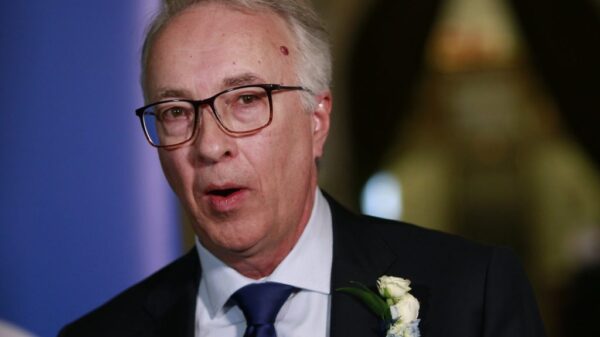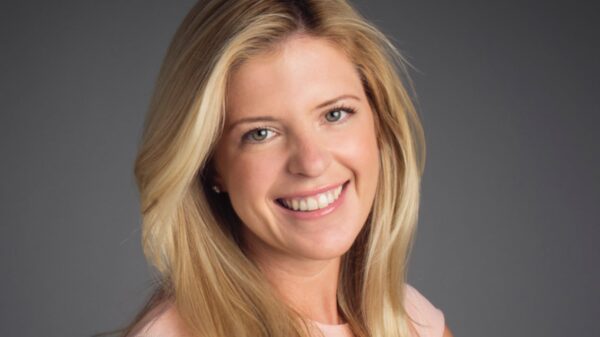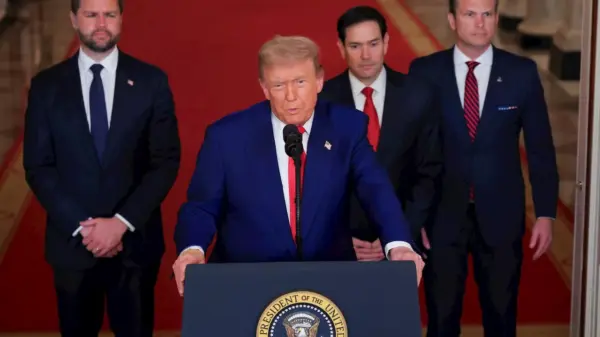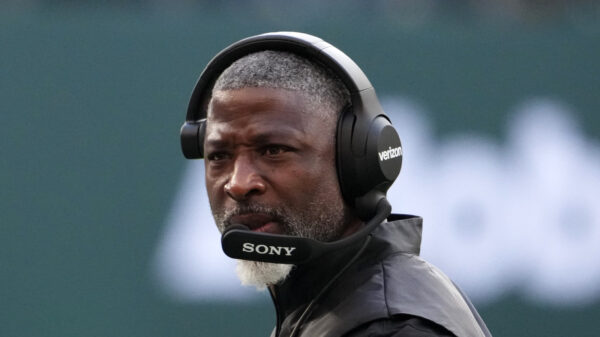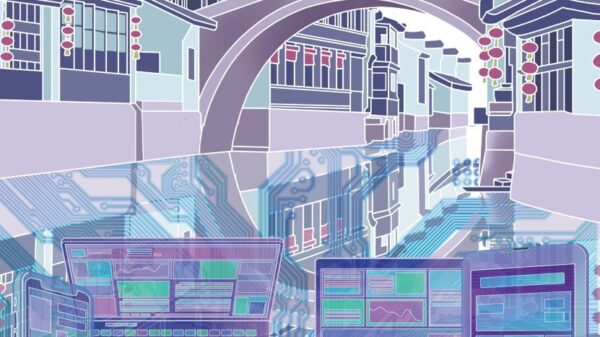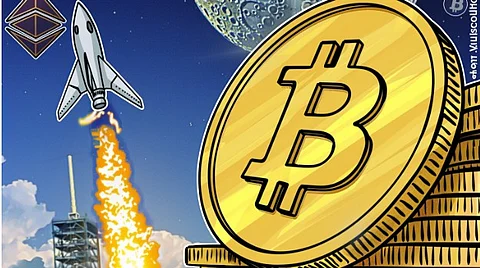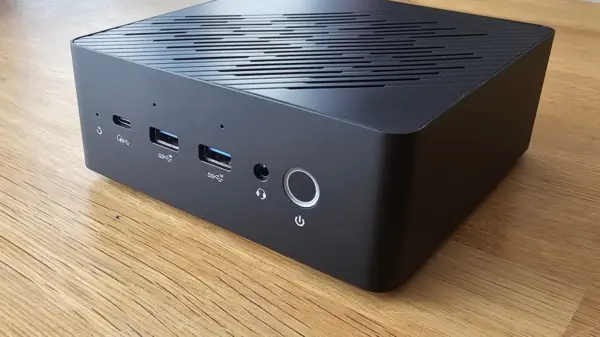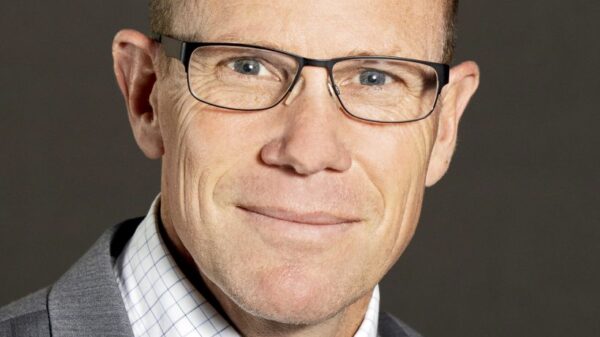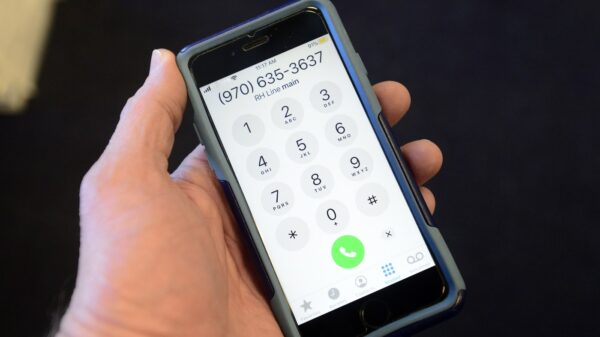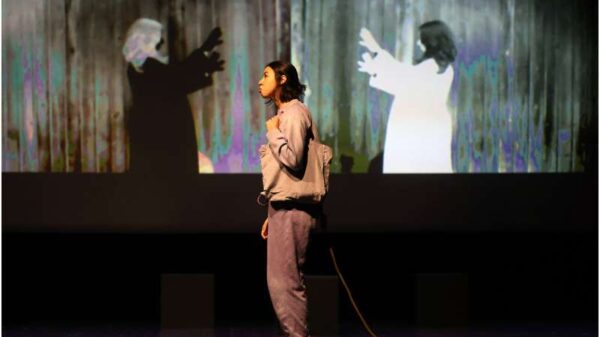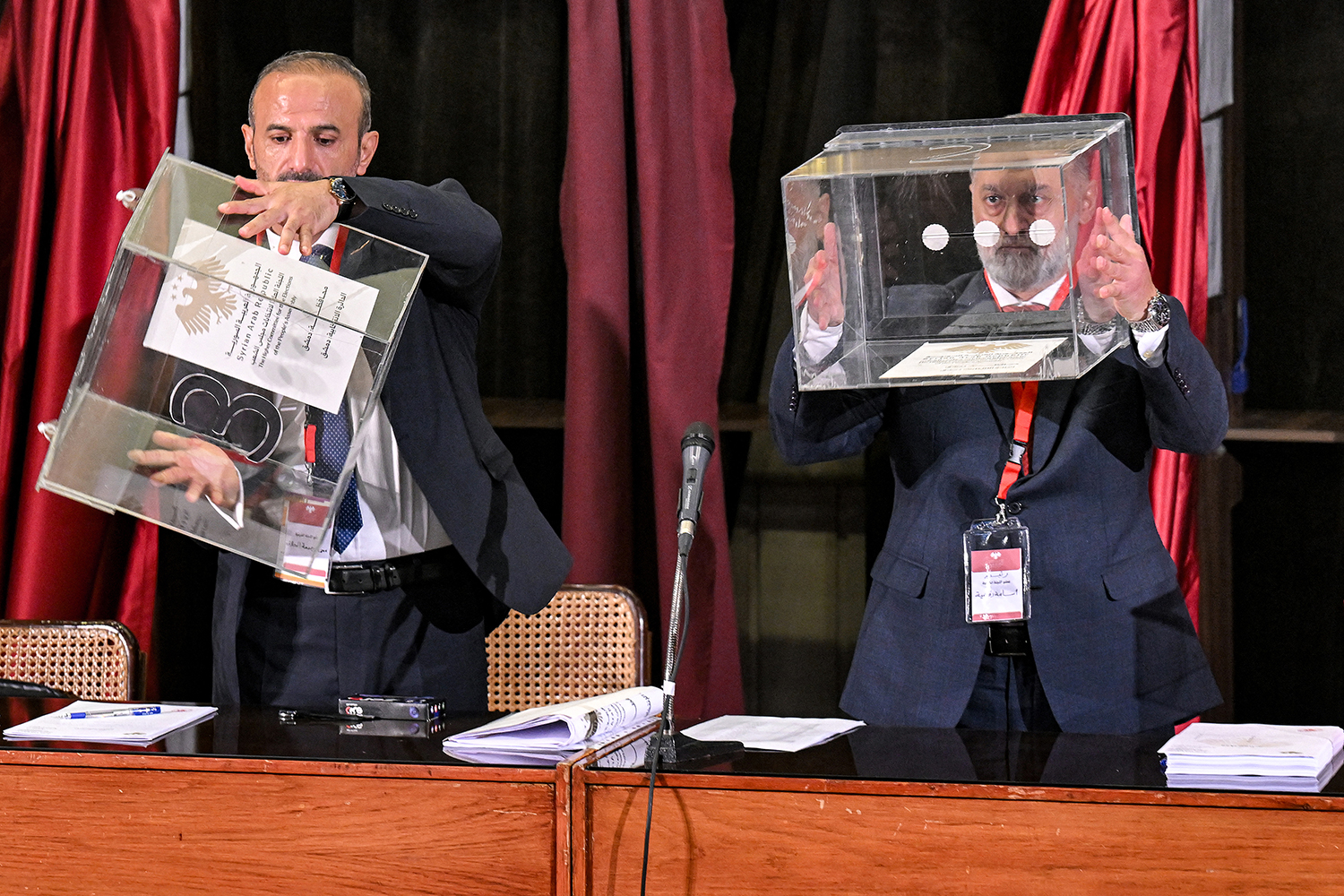UPDATE: October 5, 2024, marks a pivotal moment for Syria as the country holds its first parliamentary elections following the rise of interim President Ahmed al-Sharaa. Despite the historic date, fears loom over the elections’ legitimacy as many question the extent of true democratic change.
New reports confirm that only a few thousand Syrians participated in the electoral process, which utilized a tiered electoral college system to fill a mere 119 seats in a parliament that critics say lacks real power. The elections were conducted under a framework established by Sharaa earlier this year, which critics argue continues the authoritarian legacy of his predecessors, Hafez and Bashar al-Assad.
In an interview, Adham Masoud al-Qaq, a candidate and prominent dissident, noted that while he faced no direct threats, the outcome of the elections seemed predetermined. “We could clearly sense that this or that person would win as a representative before the voting even took place,” Qaq stated, emphasizing concerns about the elections’ transparency.
The Syrian government has defended its election process, citing the challenges posed by the ongoing displacement crisis and the absence of official documents. However, this justification has not quelled skepticism among citizens who were largely unaware of the election, with many expressing confusion over the opaque nomination process.
Approximately 6,000 delegates were selected to vote, yet only six seats were won by women and ten by minority candidates, highlighting a significant disparity in representation. The assembly’s legislative powers appear limited, primarily allowing it to consider bills initiated by the executive, with no ability to trigger elections through a vote of no-confidence.
In an alarming trend, candidates like Mouyad Zaidan, who experienced violence linked to remnants of the Assad regime, underscore the precarious environment in which these elections occur. “His loyalists are still present in society,” Zaidan warned, indicating that the threats to political and personal safety persist even in this newly emerging political landscape.
Electoral subcommittees, appointed by Sharaa, exercised full control over candidate selection, leading to accusations of corruption and a closed system. The elections, while celebrated by some as a step towards democracy, are viewed by others as a mere facade, with many voters feeling disenfranchised.
As Sharaa engages in high-profile diplomatic visits, including meetings with Vladimir Putin and former President Donald Trump, the focus remains on Syria’s evolving political dynamics. With Sharaa’s government under scrutiny, the future of genuine democratic processes in Syria hangs in the balance.
Political engagement showed signs of life during the campaign, with candidates like Maysoun Shams al-Din presenting compelling platforms. Yet, the restrictions on press freedom and public participation cast a shadow over the excitement, as officials limited access to candidate interviews.
As the dust settles on this election, observers watch closely to see whether Syria’s interim government will take steps toward authentic reform or continue down a path of limited political freedom. The implications of these elections resonate far beyond the borders of Syria, impacting the broader Middle East and international relations.
The world is left waiting to see if these elections will lead to meaningful change or if they will merely reinforce the status quo. As this story develops, more updates are expected in the coming days.



